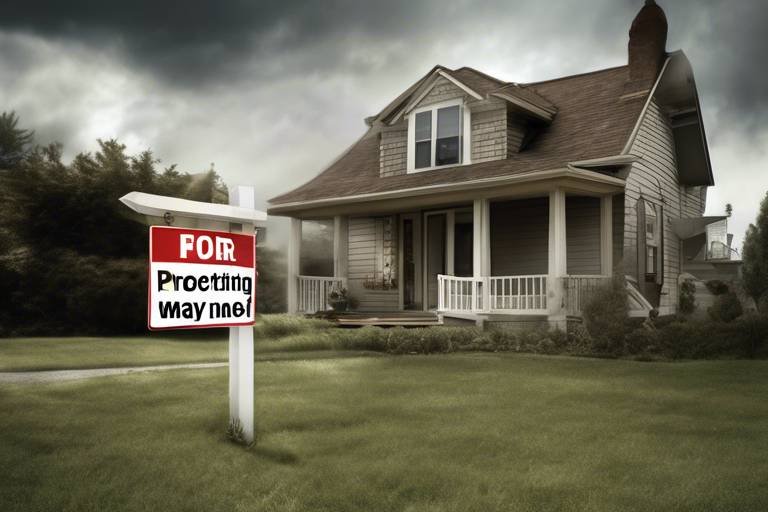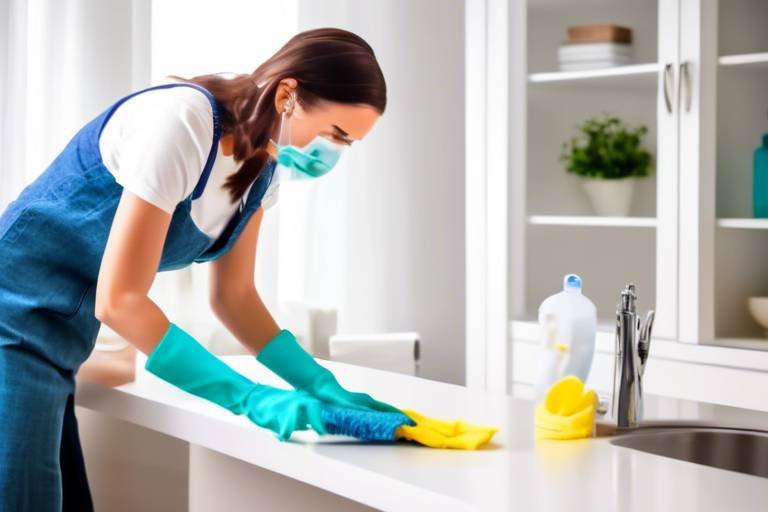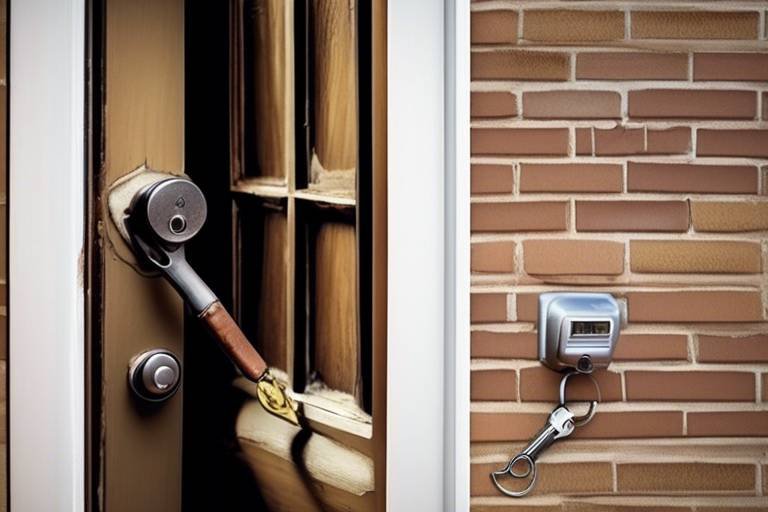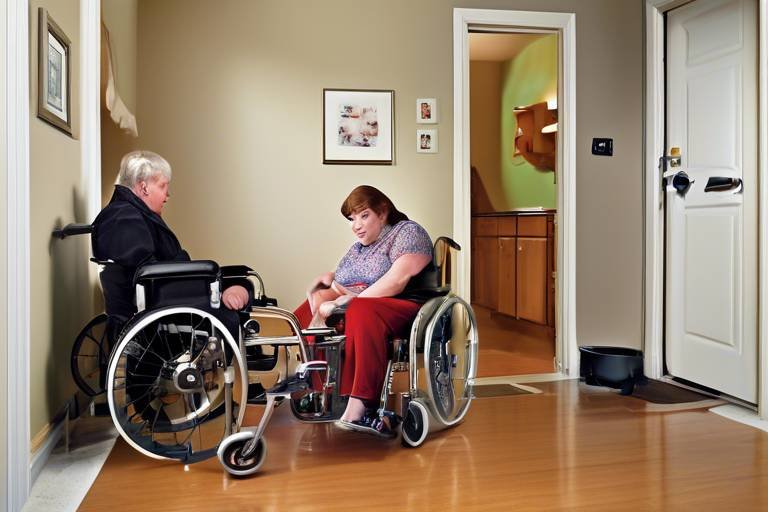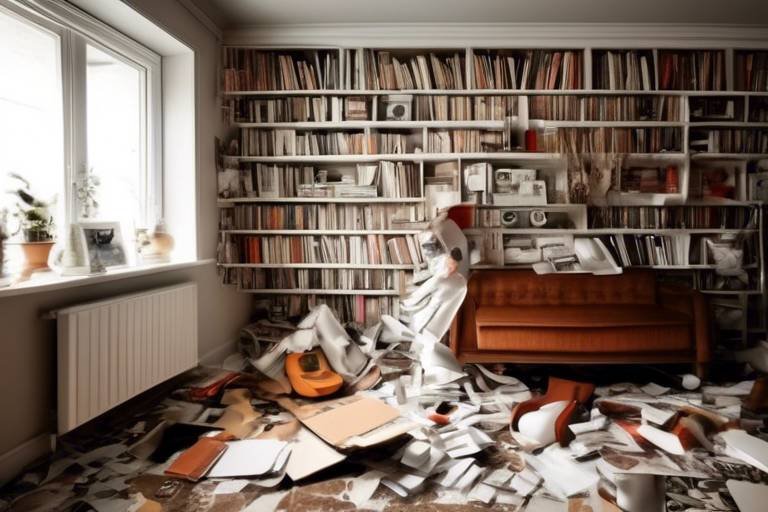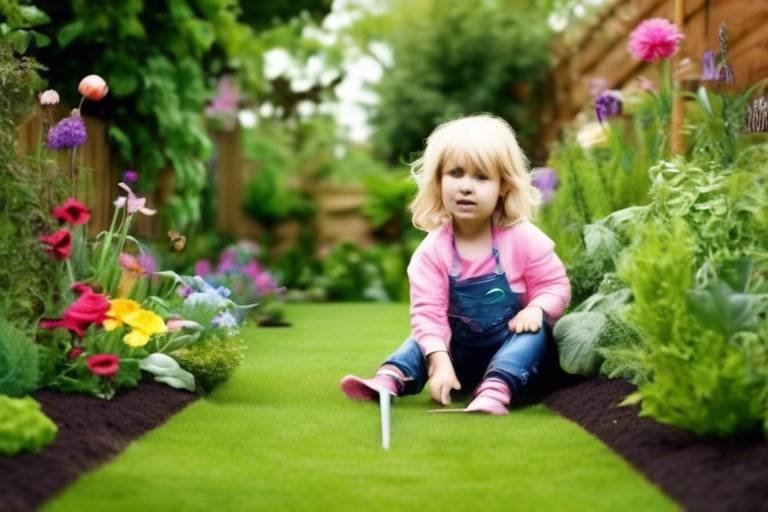What Security Features to Look for in a New House
Buying a new home is an exciting journey, but it also comes with a hefty dose of responsibility—especially when it comes to security. You want to ensure that your new sanctuary is not just beautiful but also safe for you and your family. So, what should you be looking for? In this article, we’ll explore the essential security features that can help you achieve peace of mind. From the neighborhood’s safety to the latest in smart lock technology, we’ll cover everything you need to know to make an informed decision.
First things first, let’s talk about location. The safety of the neighborhood is crucial when choosing a new home. You wouldn’t want to invest in a stunning house only to find out that it’s in a high-crime area, right? Research crime rates in the area, check local news, and even take a stroll around the neighborhood at different times of the day. Are there community events? How engaged are the neighbors? This will give you a clearer picture of the overall security in your potential new home.
Next up, let’s dive into the entry points of your new abode. Doors and windows are the primary gateways for intruders, so their security is paramount. High-quality locks and reinforced doors can significantly enhance your home’s safety. Just think of your home as a castle; if the drawbridge is weak, what’s stopping the invaders? Look for features like deadbolts and smart locks, which not only provide additional security but also offer convenience and advanced technology.
Deadbolts are a classic choice, providing that extra layer of security that can make a world of difference. Imagine trying to break into a house only to find a sturdy deadbolt standing in your way—frustrating, right? On the other hand, smart locks are becoming increasingly popular among modern homeowners. They offer features like remote access and the ability to monitor who enters your home. It’s like having a personal security guard at your fingertips!
Now, let’s not forget about the windows. These can often be overlooked, but they are just as important. Secure your windows with locks and consider adding window films or security screens. These additions can prevent unauthorized access while maintaining your home’s aesthetic appeal. Think of it as a beautiful yet strong shield for your castle.
Patio doors can be particularly vulnerable, so ensure they have proper locks. Adding security bars or a secondary locking mechanism can significantly enhance their protection against break-ins. Just like a knight would reinforce the castle gates, you should fortify your patio doors to keep your home safe.
Investing in a reliable alarm system is another smart move. It’s not just about having a loud siren; it’s about peace of mind. Look for systems that offer monitoring services, which can alert you and the authorities in case of unauthorized access. Imagine being on vacation, and instead of worrying about your home, you receive real-time notifications ensuring that everything is secure. That’s the kind of comfort you deserve!
Let’s shine a light on outdoor security! Proper outdoor lighting can deter potential intruders by eliminating dark areas around your property. Motion sensor lights and strategically placed fixtures enhance visibility and safety. Think of these lights as your home’s watchful eyes, keeping an eye out for any suspicious activity.
Did you know that your landscaping can impact your home’s security? Keeping bushes trimmed and avoiding planting near windows can eliminate hiding spots for intruders. The clearer the view, the safer you’ll feel. It’s like creating an open invitation for safety to stroll right through your yard.
Installing security cameras can provide not just peace of mind but also valuable evidence in case of incidents. Choose systems that allow remote viewing and notifications for real-time monitoring. Imagine being able to check on your home from anywhere in the world—now that’s modern-day magic!
Finally, don’t overlook the power of community. Investigate local programs like neighborhood watch initiatives. Engaging with your neighbors can foster a sense of security and collective responsibility for safety in the area. After all, it takes a village to keep a neighborhood safe, and you’ll find that a strong community can be your best defense.
- What are the most important security features to look for in a new house? Look for secure entry points, quality locks, alarm systems, and proper outdoor lighting.
- How can I improve the security of my windows? Use window locks, films, and security screens to enhance window safety.
- Are smart locks worth the investment? Yes! Smart locks offer convenience and advanced security features that can greatly enhance your home’s safety.
- What role does community play in home security? A strong community can provide support and collective safety measures, making the neighborhood safer for everyone.
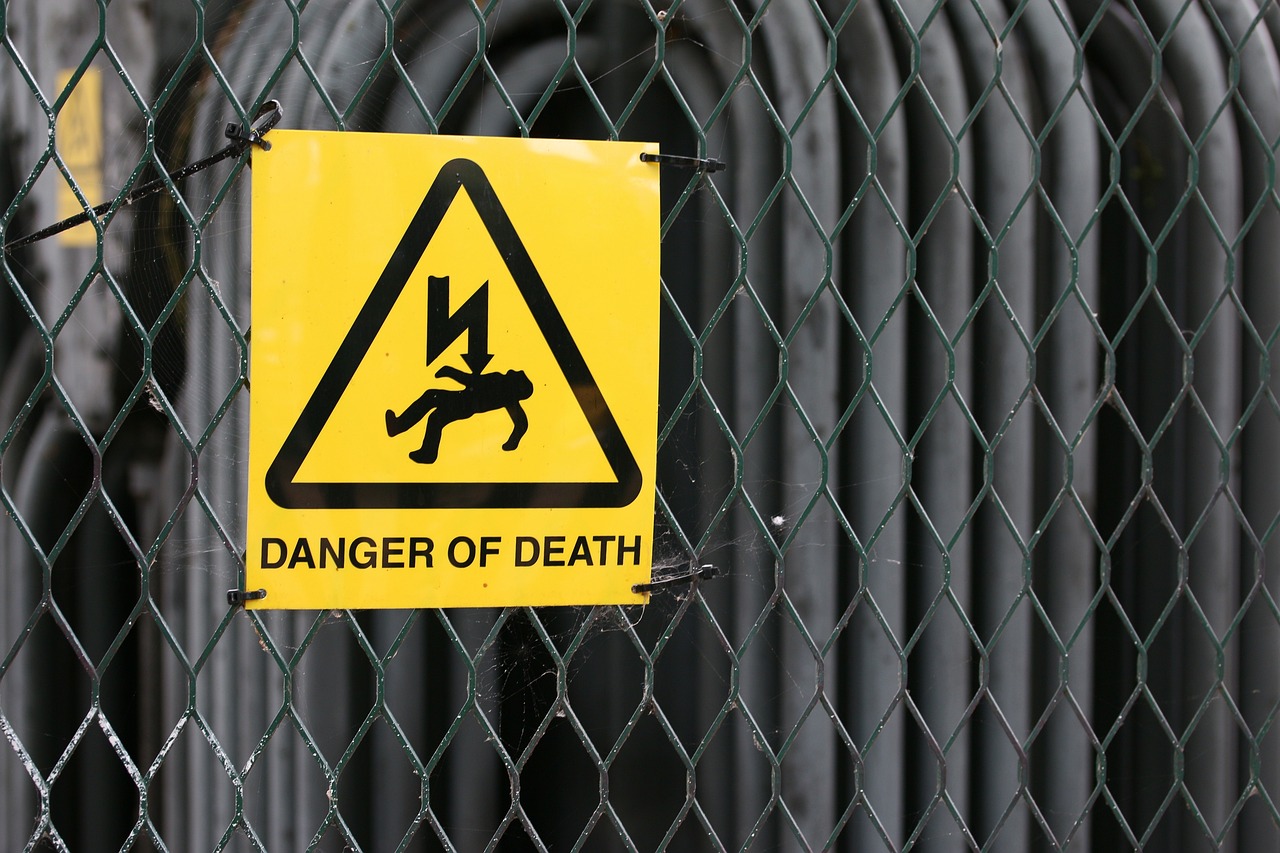
Location and Neighborhood Safety
When it comes to purchasing a new home, one of the most crucial factors to consider is the location and overall safety of the neighborhood. After all, it's not just about finding the perfect house; it's about ensuring that your family feels secure in their new environment. Imagine moving into a beautiful home, only to find out that the neighborhood has a high crime rate—definitely not the kind of surprise you want!
To gauge the safety of a neighborhood, start by researching the crime rates. Many online platforms provide crime statistics that can give you an insight into the types of crimes reported in the area. Look for trends over the past few years—are the crime rates increasing or decreasing? This information can be a vital indicator of whether the neighborhood is becoming safer or more dangerous.
Next, consider the community engagement. A neighborhood with active residents often fosters a sense of security. Look for signs of community involvement, such as neighborhood watch programs or local events. Engaging with your potential neighbors can provide you with firsthand information about the area. Ask them about their experiences living there; their insights can be invaluable. You might even discover that the community has a strong bond that contributes to its safety.
Another essential aspect is to observe the physical environment. A well-maintained neighborhood often indicates that residents care about their surroundings, which can deter criminal activities. Pay attention to the condition of the streets, parks, and public spaces. Are they clean and well-lit? Are there any signs of vandalism? These factors can significantly influence your overall sense of security.
Additionally, consider the proximity to essential services such as police stations, fire departments, and hospitals. Living near these facilities can provide an added layer of safety and peace of mind. In case of an emergency, knowing that help is just around the corner can make a world of difference.
Lastly, don't underestimate the power of technology. Many neighborhoods now utilize apps or online forums to keep residents informed about local issues, including crime alerts. By staying connected to your community through these platforms, you can remain aware of any potential safety concerns and take proactive measures to protect your home.
In summary, finding a safe neighborhood involves a combination of research, community interaction, and observation. By taking the time to evaluate these factors, you can ensure that your new home is not just a beautiful space but also a secure haven for you and your loved ones.

Entry Points and Locks
When it comes to securing your new home, entry points are your first line of defense. Think about it: doors and windows are the gateways to your sanctuary, and ensuring they are fortified is crucial for your peace of mind. As you embark on your house-hunting journey, take a moment to evaluate the quality of these entry points. Are the doors solid and sturdy? Do the windows have reliable locks? Investing in high-quality locks and reinforced doors can significantly enhance your home’s safety, acting as a deterrent against potential intruders.
Let's dive a bit deeper. One of the most effective ways to bolster your home security is through the installation of deadbolts. These robust locks provide an extra layer of protection that standard locks simply can’t match. Imagine a deadbolt as the bouncer of your home; it only lets in those who have the right credentials. But why stop there? In today's tech-savvy world, smart locks are gaining popularity for good reason. They offer convenience and advanced features such as remote access, allowing you to lock or unlock your doors from anywhere. This can be a game-changer, especially if you have guests arriving while you’re stuck at work or on vacation.
Now, let’s not forget about the windows. They are often overlooked but can be an easy target for intruders. To enhance your window security, ensure that all windows have functioning locks. Additionally, consider adding window films or security screens. These not only provide an extra layer of security but also maintain the aesthetic appeal of your home. Think of these films as sunglasses for your windows; they offer protection while still allowing you to enjoy the view.
Patio doors, especially sliding ones, can be particularly vulnerable. It’s essential to ensure they have proper locks in place. Furthermore, consider adding security bars or a secondary locking mechanism. These additions can significantly enhance their protection against break-ins. Just like a well-guarded fortress, your home should have multiple layers of security to deter any unwanted visitors.
In summary, when evaluating entry points and locks, remember that the goal is to create a safe haven for you and your loved ones. By investing in high-quality locks, deadbolts, and window security features, you can build a fortress that not only protects but also gives you peace of mind. After all, home is where the heart is, and it deserves to be safeguarded with the utmost care.
- What is the best type of lock for my front door?
The best type of lock for your front door is a deadbolt combined with a smart lock for added convenience and security.
- Are window locks necessary?
Yes, window locks are essential for preventing unauthorized access and ensuring the safety of your home.
- How can I improve the security of my patio doors?
To improve the security of your patio doors, ensure they have proper locks, consider adding security bars, and install a secondary locking mechanism.

Deadbolts and Smart Locks
When it comes to securing your home, deadbolts and smart locks should be at the top of your list. These two types of locks are not just about keeping your doors shut; they represent a fortress of security that can significantly deter unwanted visitors. Think of a deadbolt as a strong bouncer at an exclusive club, making sure that only the right people get in. A standard lock might keep the door closed, but a deadbolt adds that extra layer of protection that makes it much harder for intruders to break in.
Deadbolts come in various styles, including single-cylinder, double-cylinder, and lockable thumbturns. Each type has its unique features:
| Type | Description | Best For |
|---|---|---|
| Single-cylinder | Operated with a key from the outside and a thumb turn from the inside. | Most residential homes |
| Double-cylinder | Requires a key for both sides, providing added security but can be a fire hazard. | Homes with glass near the door |
| Lockable thumbturn | Offers the convenience of a thumb turn with the option to lock it with a key. | Homes needing flexibility |
On the other hand, smart locks are revolutionizing the way we think about home security. Imagine being able to unlock your door with just a tap on your smartphone or even using your voice! Smart locks offer features like remote access, which means you can let someone in while you're away from home, or receive notifications when someone enters your house. This technology not only adds convenience but also enhances your security profile. You can even set temporary access codes for guests or service personnel, so you don’t have to worry about giving out your house keys.
However, while smart locks are incredibly convenient, they do come with their own set of considerations. For instance, ensure that you choose a model that has robust encryption and security features. After all, you wouldn't want your front door to be the weak link in your home security chain. And remember, just like any technology, keeping your smart lock updated with the latest software is crucial to fend off potential hacking attempts.
So, whether you lean towards the traditional strength of deadbolts or the cutting-edge convenience of smart locks, investing in quality locking systems is a must. They are your first line of defense against intruders and can provide you with peace of mind knowing your home is secure. In a world where home security is more important than ever, these locks are not just accessories; they are essential components of a safe living environment.
- What is the difference between a deadbolt and a regular lock?
A deadbolt provides a higher level of security than a standard spring bolt lock. It requires a key to unlock from the outside and cannot be easily manipulated or forced open.
- Are smart locks safe?
Yes, smart locks can be very safe if they are equipped with strong encryption and regularly updated software. Always research and choose a reputable brand.
- Can I install a deadbolt myself?
Yes, many homeowners can install a deadbolt themselves with basic tools and instructions, but if you're unsure, hiring a professional is a good option.
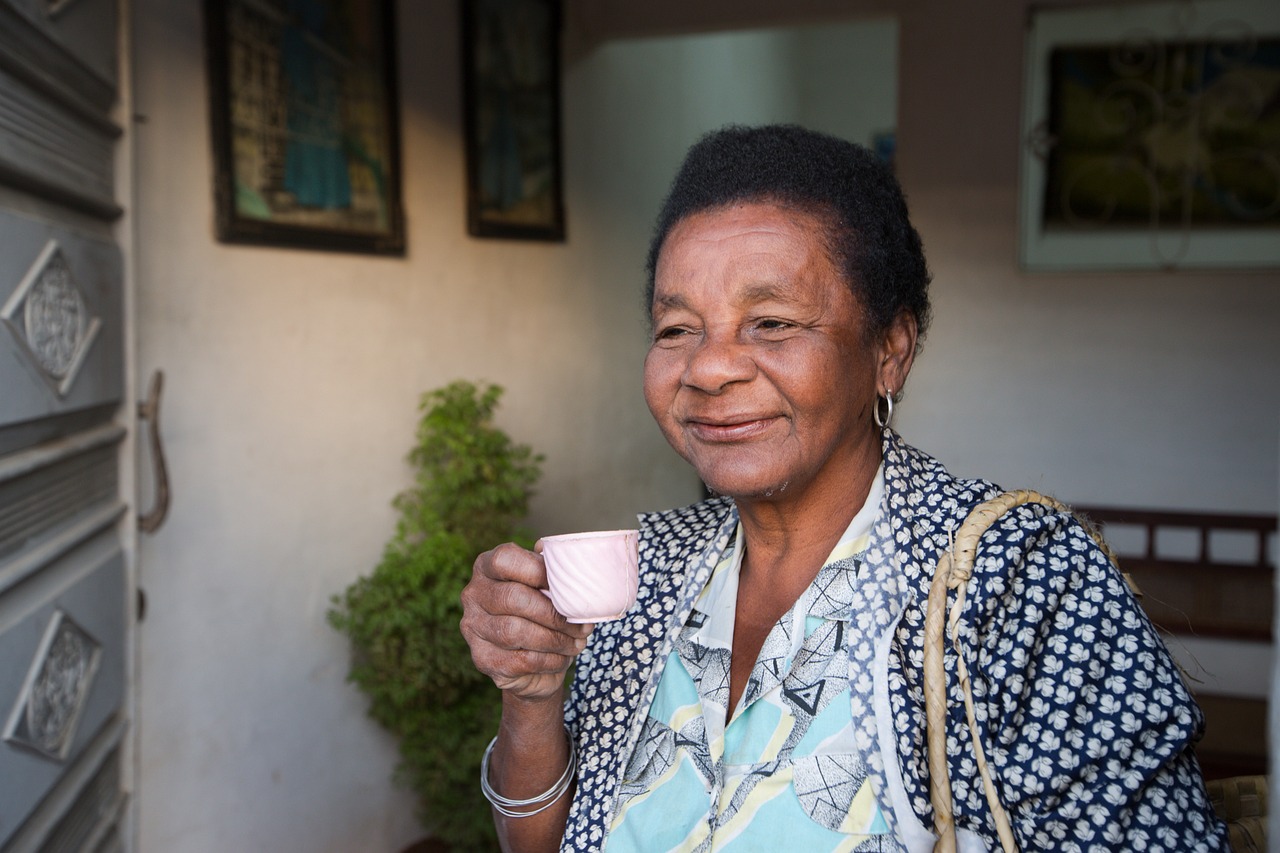
Window Security
When it comes to securing your home, should never be an afterthought. Windows are often the most vulnerable entry points for intruders, making it essential to implement robust security measures. Think about it: a well-locked door is great, but if your windows are easy to breach, you might as well leave the door wide open! So, what can you do to safeguard your windows? Let's dive in.
First and foremost, consider installing high-quality locks on all your windows. Standard locks can be easily manipulated, so upgrading to more secure options can significantly enhance your home's safety. Look for window locks that are made of durable materials and are resistant to tampering. Additionally, you might want to explore window films or security screens. These not only add an extra layer of protection but also maintain the aesthetic appeal of your home. Imagine having a beautiful view while knowing that your windows are fortified against potential threats!
Another effective measure is to ensure that your windows are not just locked, but also reinforced. Consider using laminated glass or tempered glass for your windows. These types of glass are much harder to break and can deter intruders who might be looking for an easy entry point. If you're really serious about security, you could even install security bars on ground-level windows. While this might sound extreme, it can be a great deterrent, especially in high-crime areas.
Moreover, keep in mind that visibility is key. Trim any bushes or trees that might provide cover for someone trying to sneak up to your windows. By maintaining clear sightlines around your home, you not only enhance your own security but also make it more challenging for intruders to approach unnoticed. Think of your home as a fortress; the clearer the perimeter, the less likely an invader will dare to breach it.
Lastly, consider integrating your window security with your overall home security system. Many modern security systems offer window sensors that alert you if a window is opened or broken. This connectivity can provide peace of mind, especially when you're away from home. Picture this: you’re on vacation, sipping a cocktail on the beach, and your phone buzzes to let you know that a window has been compromised. That’s the kind of reassurance that modern technology can offer!
In summary, window security is not just about locking your windows; it encompasses a range of strategies designed to protect your home. By investing in quality locks, reinforced glass, and maintaining visibility around your property, you can significantly reduce the risk of a break-in. Remember, it’s better to be proactive than reactive when it comes to your family's safety.
- What are the best types of locks for windows? High-quality window locks, such as sash locks, key-operated locks, and sliding window locks, are recommended for enhanced security.
- How can window films improve security? Window films can hold shattered glass together, making it harder for intruders to gain access through broken windows.
- Are security bars necessary? Security bars can be an effective deterrent, especially for ground-level windows, but they should be used in conjunction with other security measures.
- How can I maintain visibility around my windows? Regularly trim bushes and trees that obstruct the view of your windows, and avoid planting tall shrubs near them.
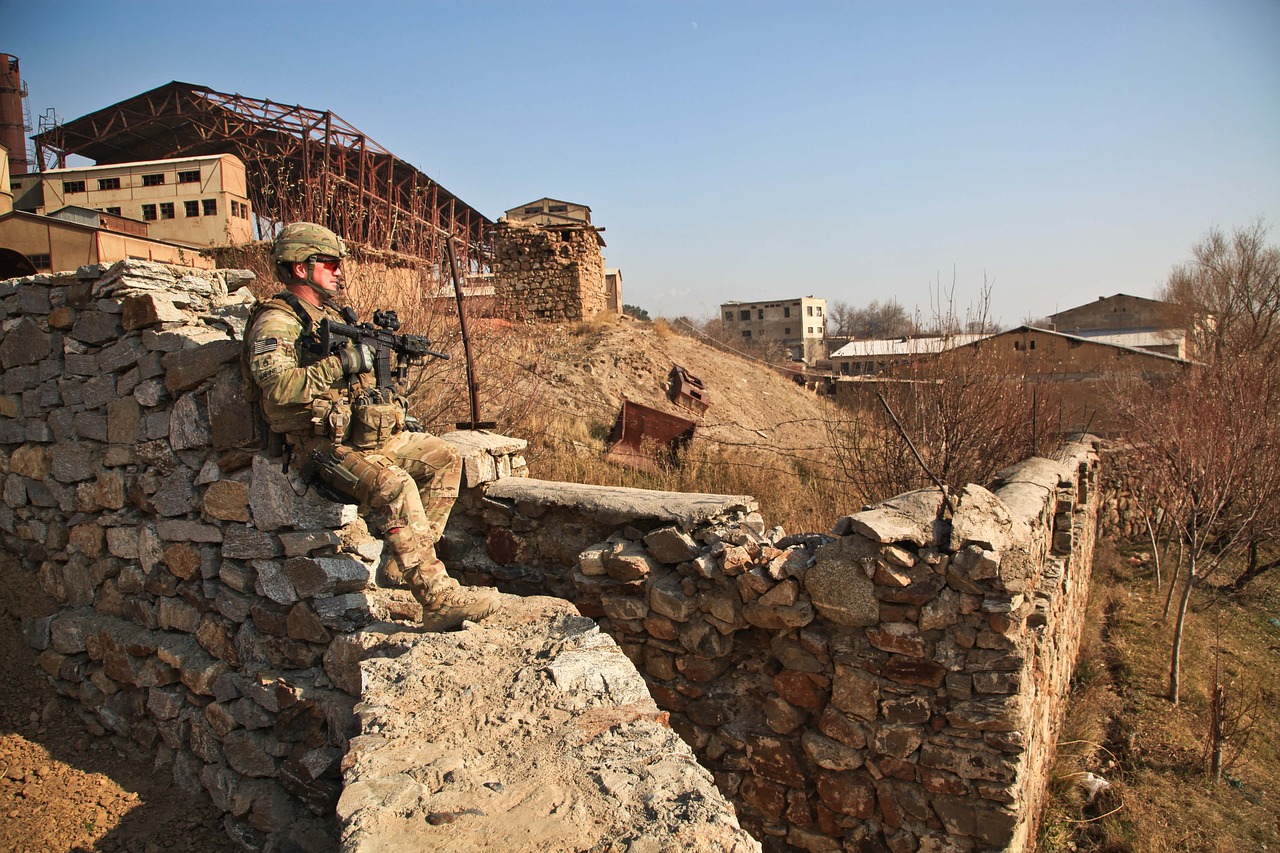
Patio and Sliding Doors
When it comes to securing your home, often become overlooked entry points. These doors, while beautiful and functional, can also present unique vulnerabilities that you should address to ensure the safety of your family. Think of your patio door as the gateway to your outdoor oasis; while it invites you to enjoy the sunshine and fresh air, it can also inadvertently invite unwanted guests if not properly secured.
First and foremost, always check the quality of the locks on your patio and sliding doors. Standard locks may not provide the level of security you need. Upgrading to a high-quality lock system can make a significant difference. Consider installing a deadbolt lock or a secondary locking mechanism that secures the door at multiple points. This added layer of protection can deter potential intruders who may see your patio door as an easy target.
Another effective measure is to install security bars or a sliding door security lock. These devices can prevent the door from being opened even if the lock is compromised. Imagine it as a sturdy shield that stands between your home and any potential threat. Not only do these enhancements provide peace of mind, but they also serve as a visual deterrent to those with ill intentions.
It’s also important to consider the material and construction of your sliding doors. Opt for doors made from durable materials such as reinforced glass or solid wood, which are less susceptible to break-ins. Additionally, installing window films can strengthen the glass and make it more difficult for intruders to break in. This way, even if someone attempts to force entry, they’ll find it much harder to succeed.
Lastly, don't forget about the surrounding environment. Ensure that any landscaping near your patio doors does not provide cover for potential intruders. Trim back bushes and trees to eliminate hiding spots, allowing for better visibility from both inside and outside your home. This simple step can drastically improve your overall security and make your home less appealing to those looking to break in.
- What type of lock is best for patio doors? Deadbolts and multi-point locking systems are highly recommended for their superior security.
- Are sliding doors more vulnerable than regular doors? Yes, sliding doors can be more vulnerable if not properly secured, as they often have weaker locking mechanisms.
- Can I install security bars on my sliding door? Absolutely! Security bars can be a great addition to enhance the safety of your sliding doors.
- How can I improve visibility around my patio doors? Regularly trim landscaping and consider installing motion-activated lights to brighten the area.
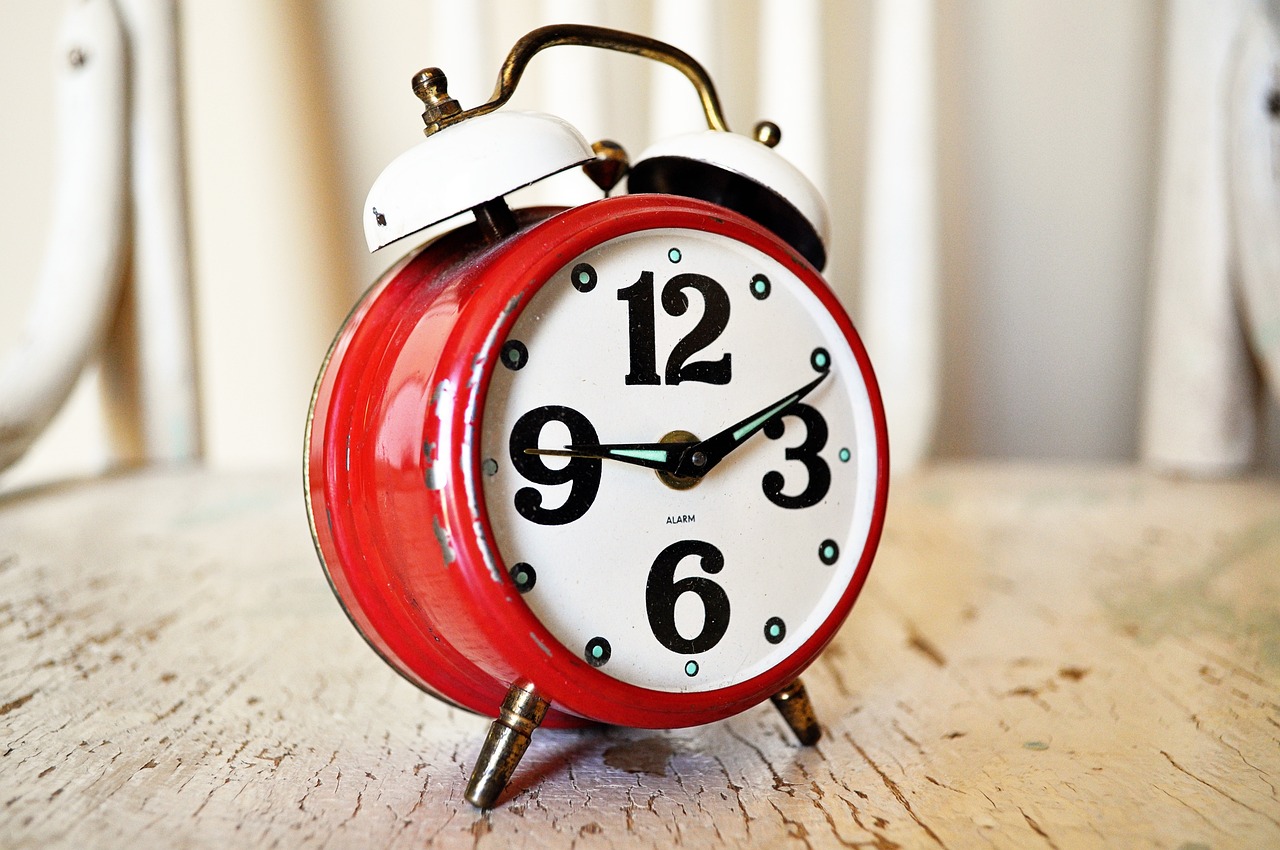
Alarm Systems and Monitoring
When it comes to securing your home, alarm systems and monitoring services are often the first line of defense. Imagine this: you’re tucked in bed, and suddenly, your alarm system goes off, alerting you to a potential intruder. That rush of adrenaline is quickly replaced by a sense of safety, knowing that your home is equipped with a robust security solution. Investing in a reliable alarm system is not just about having a loud siren; it's about peace of mind.
There are various types of alarm systems available, each with its own unique features and benefits. Some systems are designed to be DIY-friendly, allowing you to install them yourself, while others may require professional installation. Regardless of the type, the key is to choose a system that fits your lifestyle and security needs. For instance, if you travel frequently, you might want a system that offers remote monitoring through a smartphone app, so you can keep an eye on your home from anywhere in the world.
In addition to basic alarm features, many modern systems come equipped with advanced technology. You might find options that include motion detectors, glass break sensors, and even environmental monitoring for smoke or carbon monoxide. These added layers of protection can be crucial in ensuring the safety of your family and belongings. Moreover, some systems can be integrated with smart home devices, allowing you to control everything from your lights to your thermostat through a single platform.
One of the most significant advantages of having a monitored alarm system is the immediate response it provides. If an alarm is triggered, the monitoring service can quickly alert local authorities, ensuring that help is on the way even if you are not home. This rapid response can be a game changer, significantly increasing the chances of apprehending intruders and minimizing damage to your property.
However, it’s essential to consider the ongoing costs associated with alarm systems. Most monitoring services require a monthly subscription fee, which can vary widely based on the level of service you choose. To give you a clearer picture, here’s a simple table comparing different monitoring options:
| Monitoring Type | Average Cost per Month | Features |
|---|---|---|
| Self-Monitored | $10 - $30 | App alerts, no professional monitoring |
| Professional Monitored | $30 - $60 | 24/7 monitoring, emergency response |
| Premium Monitoring | $60+ | Smart home integration, video monitoring |
Before making a decision, it’s wise to read reviews and ask for recommendations. Speak to friends or family who have alarm systems to learn about their experiences. The right alarm system can not only deter potential intruders but can also provide a sense of community safety, knowing that you’re taking proactive steps to protect your home.
In conclusion, the right alarm system and monitoring service can be a crucial element in your home security strategy. With the right tools at your disposal, you can enjoy your home with the confidence that you and your loved ones are safe. Remember, investing in security is not just about protecting your property; it’s about ensuring your family's peace of mind.
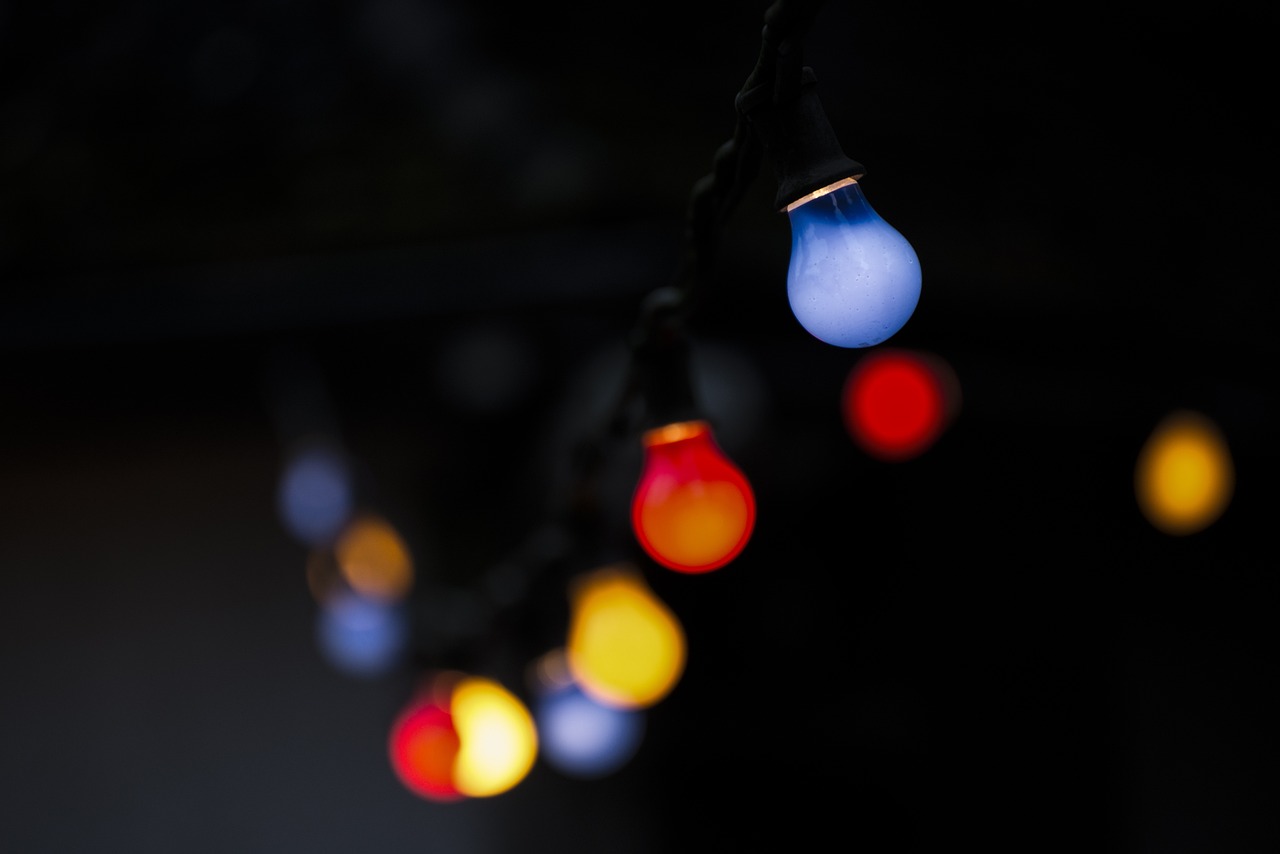
Outdoor Lighting
When it comes to securing your home, plays a pivotal role that often gets overlooked. Imagine walking down a dark street; it feels eerie and unsafe, right? Now picture your home illuminated with bright lights, casting away shadows and creating a welcoming ambiance. Not only does proper outdoor lighting enhance the beauty of your property, but it also acts as a formidable barrier against potential intruders. After all, criminals thrive in darkness, so the more light you have, the less appealing your home becomes to them.
One of the most effective ways to implement outdoor lighting is through motion sensor lights. These innovative devices automatically turn on when they detect movement, startling any unwelcome visitors and alerting you to their presence. Additionally, they save energy by only operating when needed. Positioning these lights around entry points, driveways, and dark corners of your yard can significantly enhance your home’s security.
Moreover, strategically placed landscape lighting can illuminate pathways, gardens, and other outdoor features, ensuring that you and your guests can navigate your property safely at night. Think of it as both a safety measure and an aesthetic upgrade. You could use solar-powered lights for a cost-effective solution that is environmentally friendly. These lights charge during the day and automatically turn on at dusk, providing a hassle-free way to keep your home well-lit.
It's also essential to consider the type of lighting you choose. For instance, LED lights are not only energy-efficient but also long-lasting, which means you won’t have to replace them as frequently as traditional bulbs. This can save you both time and money in the long run. Additionally, LED lights come in various styles and brightness levels, allowing you to customize your outdoor lighting to fit your home’s aesthetic.
While outdoor lighting is crucial for safety, it’s equally important to maintain a balance. Too much light can create glare, making it difficult to see properly. Therefore, a well-planned lighting layout is essential. Consider using a combination of different types of lights—such as floodlights for wide areas and accent lights for highlighting features—to create a harmonious and secure environment.
In conclusion, investing in outdoor lighting is a smart decision for any homeowner. It not only enhances the security of your property but also adds to its visual appeal. So, take a walk around your home and assess where additional lighting could make a difference. Remember, a well-lit home is a happy home!
- What type of outdoor lighting is best for security? Motion sensor lights and LED floodlights are excellent choices for enhancing security.
- How can I save energy with outdoor lighting? Consider using solar-powered lights or LED fixtures, which are energy-efficient and long-lasting.
- Where should I install outdoor lights for maximum security? Focus on entry points, driveways, and dark corners of your yard to deter potential intruders.
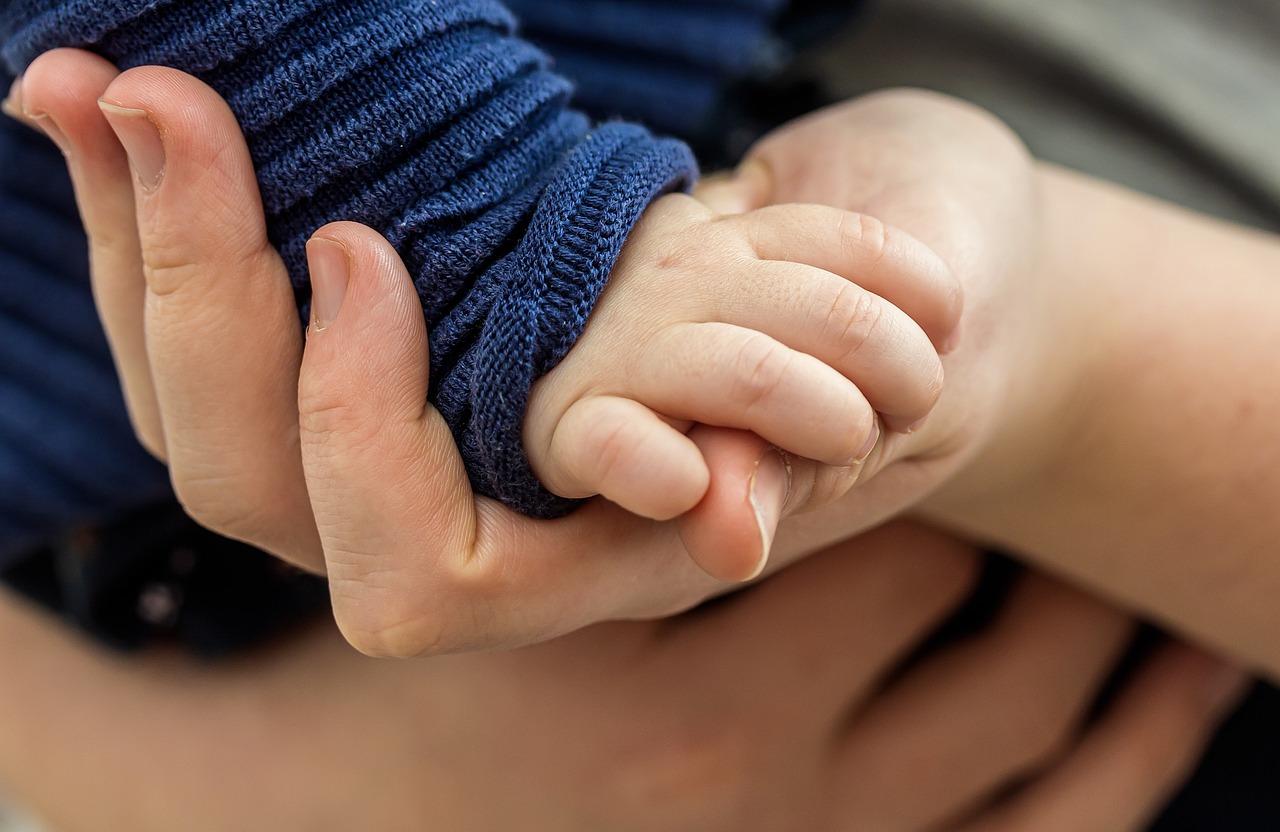
Landscaping for Security
When it comes to securing your home, many people think about locks and alarms, but have you ever considered the role of landscaping? It’s true! The way you design and maintain your yard can significantly impact your home’s overall security. Imagine your home as a fortress; the landscaping is the first line of defense. If done right, it can deter intruders while enhancing the beauty of your property.
First and foremost, you want to ensure that your landscaping doesn’t provide hiding spots for potential intruders. Overgrown bushes or tall hedges can create perfect cover for someone looking to break into your home. Instead, opt for low shrubs that allow for clear visibility. This not only makes it harder for burglars to hide but also gives you a better view of your surroundings. Think of it as opening the curtains in a dark room; you want to let the light in and see what’s happening outside.
Another important aspect to consider is the placement of trees. While they can provide shade and beauty, large trees near windows can also serve as a climbing aid for burglars. If you have trees, make sure they are trimmed regularly and do not allow branches to extend close to your windows. In fact, consider planting trees that are further away from your home, which can provide beauty without compromising security.
Additionally, you might want to think about incorporating thorny plants into your landscaping design. Plants like roses or holly can act as natural deterrents. Not only do they add aesthetic value, but they also discourage intruders from getting too close. Imagine trying to sneak into a yard filled with prickly plants; it’s not exactly inviting!
Lighting is another critical element of landscaping for security. Strategically placed outdoor lights can illuminate dark areas, making it difficult for intruders to approach unnoticed. Consider using motion sensor lights that turn on when someone enters your yard. This not only alerts you but also serves as a warning to potential intruders that they’ve been spotted. It’s like having a watchdog that never sleeps!
Lastly, if you’re serious about security, you might want to think about installing a fence. A fence can act as a physical barrier, preventing unwanted visitors from easily accessing your property. However, ensure that the fence is not too tall or dense, as this can provide cover for intruders. A fence with a locked gate is a great addition, as it adds another layer of security. Think of it as the moat around your castle; it keeps the unwanted at bay.
In summary, landscaping for security is about creating an environment that deters intruders while enhancing your home’s appeal. By keeping your yard well-maintained, using low-growing plants, incorporating thorny bushes, adding proper lighting, and considering fencing, you can create a safer haven for you and your family. So, the next time you step into your yard, think about how your landscaping choices can protect you and your loved ones!
- What types of plants are best for security landscaping? Opt for low shrubs and thorny plants that deter intruders while maintaining visibility.
- How can lighting improve home security? Proper outdoor lighting eliminates dark areas, making it harder for intruders to approach your home unnoticed.
- Should I install a fence? A fence can provide a physical barrier but ensure it’s not too tall to avoid creating hiding spots.
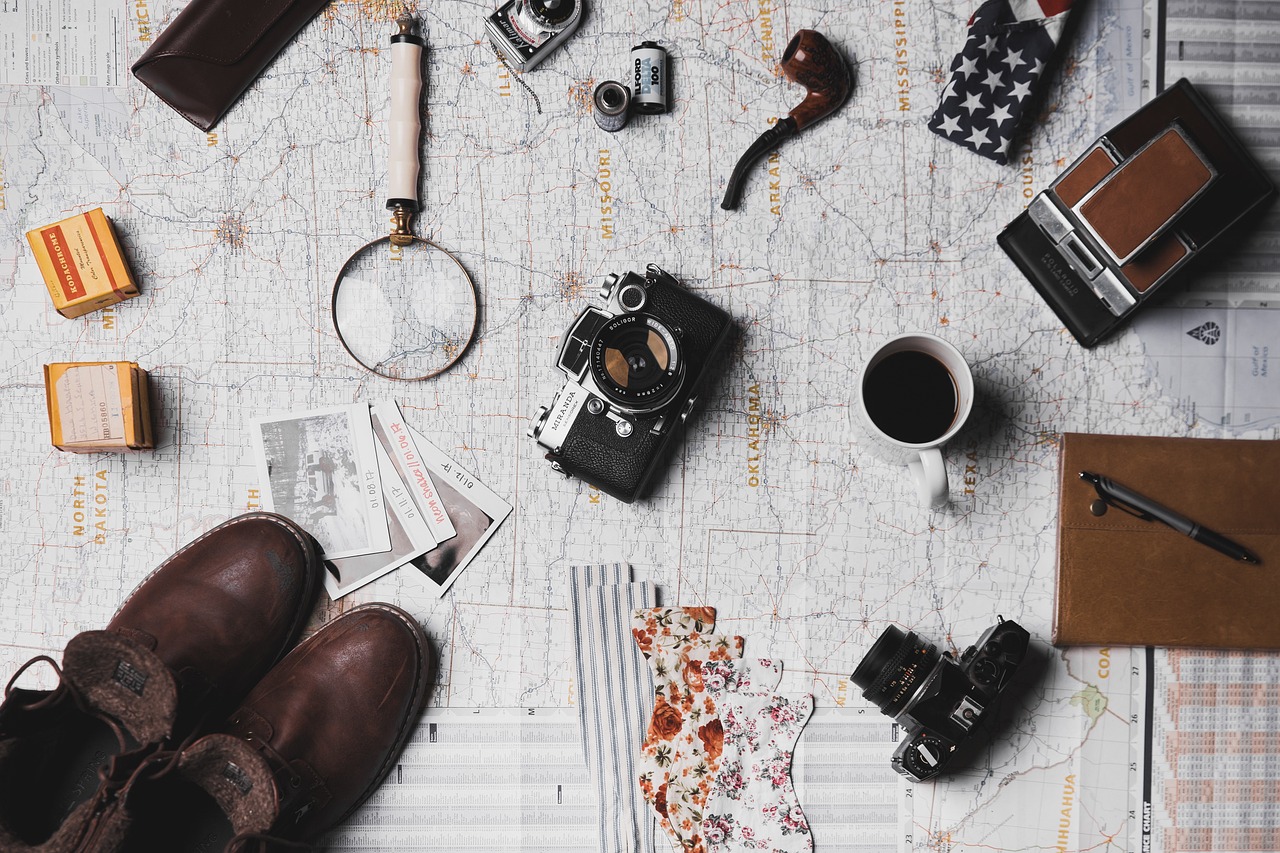
Security Cameras and Surveillance
When it comes to securing your new home, security cameras and surveillance systems are like having a vigilant guardian watching over your property 24/7. Imagine being able to check in on your home from anywhere in the world, all with just a few taps on your smartphone. Isn’t that a comforting thought? With the rise of technology, modern security cameras have evolved significantly, offering features that go beyond mere recording. They can now provide real-time monitoring, motion detection alerts, and even night vision capabilities, making them an essential component of home security.
One of the first things to consider is the type of cameras you want to install. For instance, indoor cameras are great for monitoring the interior of your home, while outdoor cameras can cover your yard, driveway, and entry points. Depending on your needs, you might choose from options such as:
- Wired Cameras: These are typically more reliable and provide continuous power but require installation.
- Wireless Cameras: Easy to install and relocate, these cameras run on batteries or are powered through Wi-Fi.
- Smart Cameras: These integrate with your home automation systems, allowing for remote access and control.
Next, let's talk about the importance of resolution. High-definition cameras can capture clearer images, which is crucial for identifying faces or license plates. When shopping for cameras, look for at least 1080p resolution. Additionally, consider features like two-way audio, which allows you to communicate with anyone on your property through the camera, and cloud storage for saving footage securely.
Another critical aspect is the placement of your cameras. Think strategically about where potential intruders are likely to enter. Common placements include:
- Front and back doors
- Garage entrances
- Driveways
- Windows that are easily accessible
Moreover, installing cameras in well-lit areas can enhance their effectiveness. However, be cautious of placing them too high where they might not capture useful details. A good rule of thumb is to position cameras at eye level, ensuring they can capture facial features clearly.
Lastly, consider the monitoring options. Some systems offer professional monitoring services, where trained personnel can respond to alerts, while others allow you to monitor your property yourself. This choice often depends on how much time and effort you’re willing to invest in your home security.
In summary, investing in a robust surveillance system can significantly enhance your home security. With the right cameras in place, you can enjoy peace of mind knowing that your home is being monitored, and you can respond swiftly if anything seems amiss. So, as you embark on your home-buying journey, don’t overlook the importance of a good security camera system—it might just be the extra layer of protection you need.
Q: Do I need a permit to install security cameras?
A: In most areas, you do not need a permit for residential security cameras, but it's always best to check local regulations.
Q: Can I access my security camera footage remotely?
A: Yes, many modern security cameras come with apps that allow you to view live feeds and recorded footage from your smartphone or computer.
Q: What should I do if I see suspicious activity on my cameras?
A: If you notice anything suspicious, contact your local authorities immediately. It’s better to be safe and report any potential threats.
Q: Are wireless cameras less secure than wired ones?
A: Wireless cameras can be susceptible to hacking if not properly secured. However, with strong passwords and encryption, they can be just as secure as wired systems.
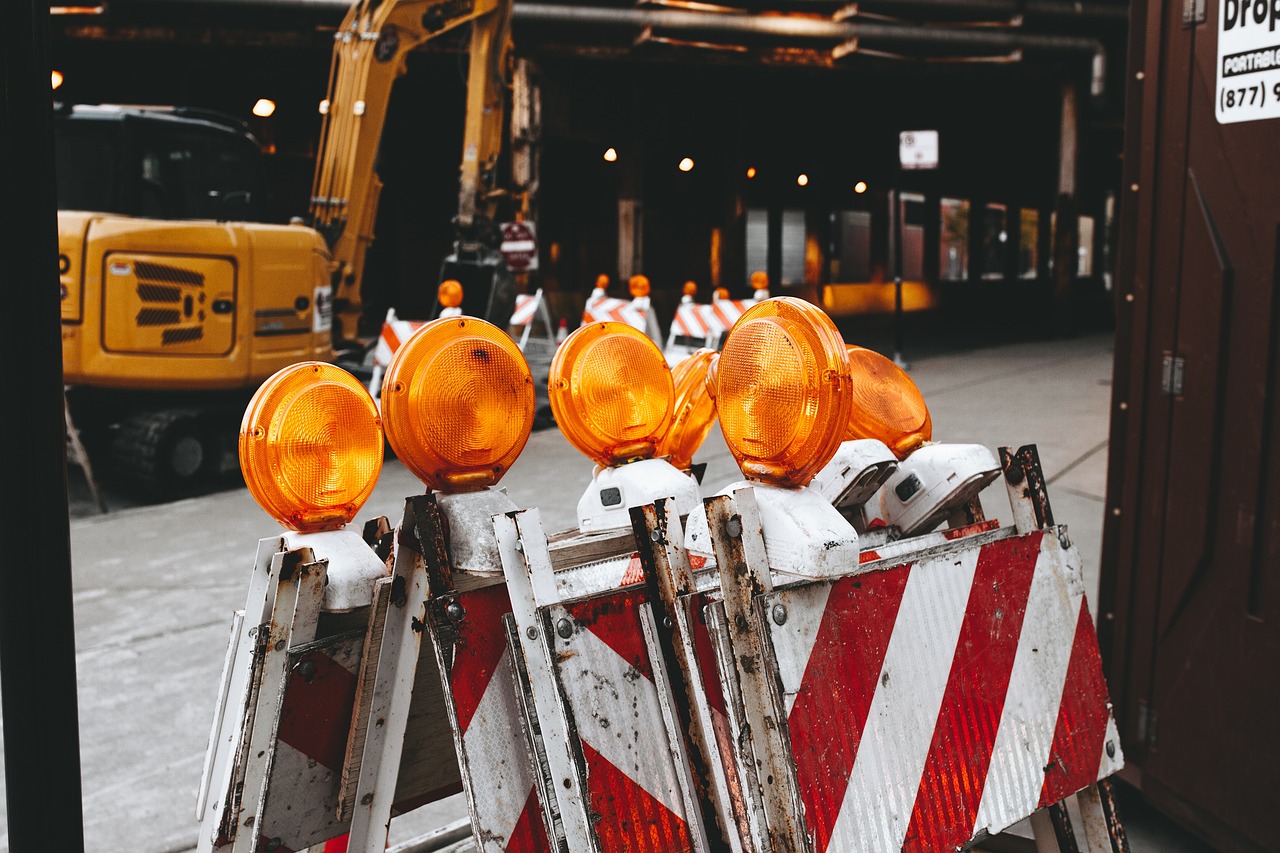
Community Security Measures
When it comes to ensuring the safety of your new home, play a pivotal role that often goes unnoticed. Think of it like a neighborhood watch; it’s not just about your personal security but also about fostering a sense of collective responsibility among residents. Engaging with your neighbors can create a supportive environment where everyone looks out for one another. Have you ever thought about how much safer you might feel knowing that your neighbors are vigilant and ready to help?
One of the most effective ways to enhance community security is by participating in or establishing a neighborhood watch program. These programs not only provide a platform for residents to communicate but also encourage active involvement in monitoring suspicious activities. Imagine a group of neighbors who regularly meet to discuss safety concerns, share tips, and even organize patrols. The sense of camaraderie that develops can be incredibly reassuring, making your neighborhood a more secure place to live.
Additionally, many communities have adopted technology to bolster their security measures. For instance, some neighborhoods utilize social media platforms or apps to share real-time updates about local incidents or safety tips. This creates an informal communication network that can quickly disseminate important information. Just picture receiving an alert about a suspicious vehicle in your area while you’re at home; it empowers you to take action or be more vigilant.
Moreover, consider the impact of community events, such as safety workshops or town hall meetings, which can educate residents about crime prevention strategies. These gatherings not only provide valuable information but also strengthen community ties. When people feel connected, they are more likely to report unusual behavior, enhancing the overall security of the neighborhood.
To visually illustrate the importance of community security measures, here’s a simple table comparing neighborhoods with and without active community safety programs:
| Neighborhood Type | Crime Rate | Community Engagement | Overall Safety Perception |
|---|---|---|---|
| With Neighborhood Watch | Low | High | Very Safe |
| Without Neighborhood Watch | Moderate to High | Low | Less Safe |
As you can see, neighborhoods with active community security measures tend to have lower crime rates and higher levels of safety perception. So, when you’re considering a new home, don’t just look at the house itself; take a moment to assess the community around it. Are there active neighborhood watch programs? How engaged are the residents? These questions can guide you toward a safer living environment.
In conclusion, investing in community security measures is just as crucial as securing your individual home. By engaging with your neighbors, participating in local programs, and fostering a sense of community, you not only protect your family but also contribute to the safety of everyone around you. After all, a strong community is the backbone of a secure neighborhood.
- What is a neighborhood watch program? A neighborhood watch program is a community initiative where residents come together to monitor and report suspicious activities, enhancing overall safety.
- How can I start a neighborhood watch in my area? To start a neighborhood watch, gather interested neighbors, contact local law enforcement for guidance, and organize regular meetings to discuss safety concerns and strategies.
- Are community safety apps effective? Yes, community safety apps can be effective in sharing real-time information and alerts among residents, fostering a quicker response to potential threats.
Frequently Asked Questions
- What are the most important security features to look for in a new house?
When searching for a new home, prioritize features such as robust entry points with high-quality locks, a reliable alarm system, outdoor lighting, and security cameras. These elements collectively enhance your home's safety and provide peace of mind.
- How can I assess the safety of a neighborhood?
Research crime rates online, speak with local residents, and observe the overall community engagement. A neighborhood with active watch programs and friendly neighbors often indicates a safer environment.
- Are smart locks worth the investment?
Absolutely! Smart locks not only provide convenience with features like remote access but also enhance security with advanced technology. They allow you to monitor and control your home’s entry points from anywhere.
- What can I do to secure my windows?
Ensure all windows have locks, consider adding window films or security screens, and avoid leaving them open when you're not home. These measures can significantly reduce the risk of unauthorized access.
- How can outdoor lighting improve home security?
Proper outdoor lighting eliminates dark spots around your property, making it difficult for intruders to approach unnoticed. Installing motion sensor lights can further enhance safety by automatically illuminating when movement is detected.
- What role does landscaping play in home security?
Landscaping can either enhance or hinder security. Keep bushes trimmed and avoid planting tall shrubs near windows to eliminate hiding spots for intruders, ensuring better visibility around your home.
- Do security cameras really deter crime?
Yes, security cameras serve as a powerful deterrent against potential intruders. They not only provide valuable evidence in case of incidents but also make criminals think twice before targeting your home.
- How can I get involved in community security measures?
Engage with your neighbors and look for local neighborhood watch programs. Participating in community initiatives fosters a sense of collective responsibility for safety and enhances the overall security of your area.


